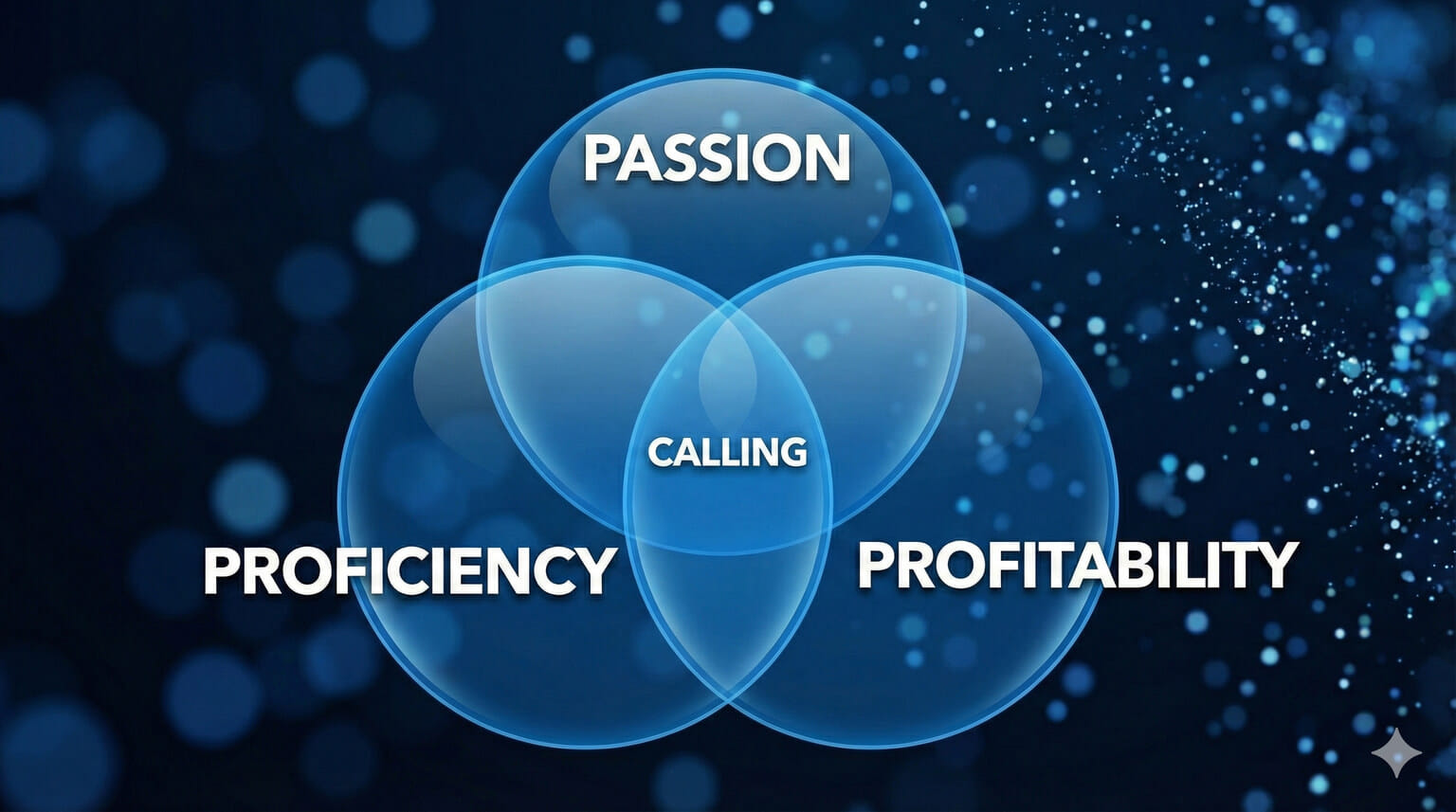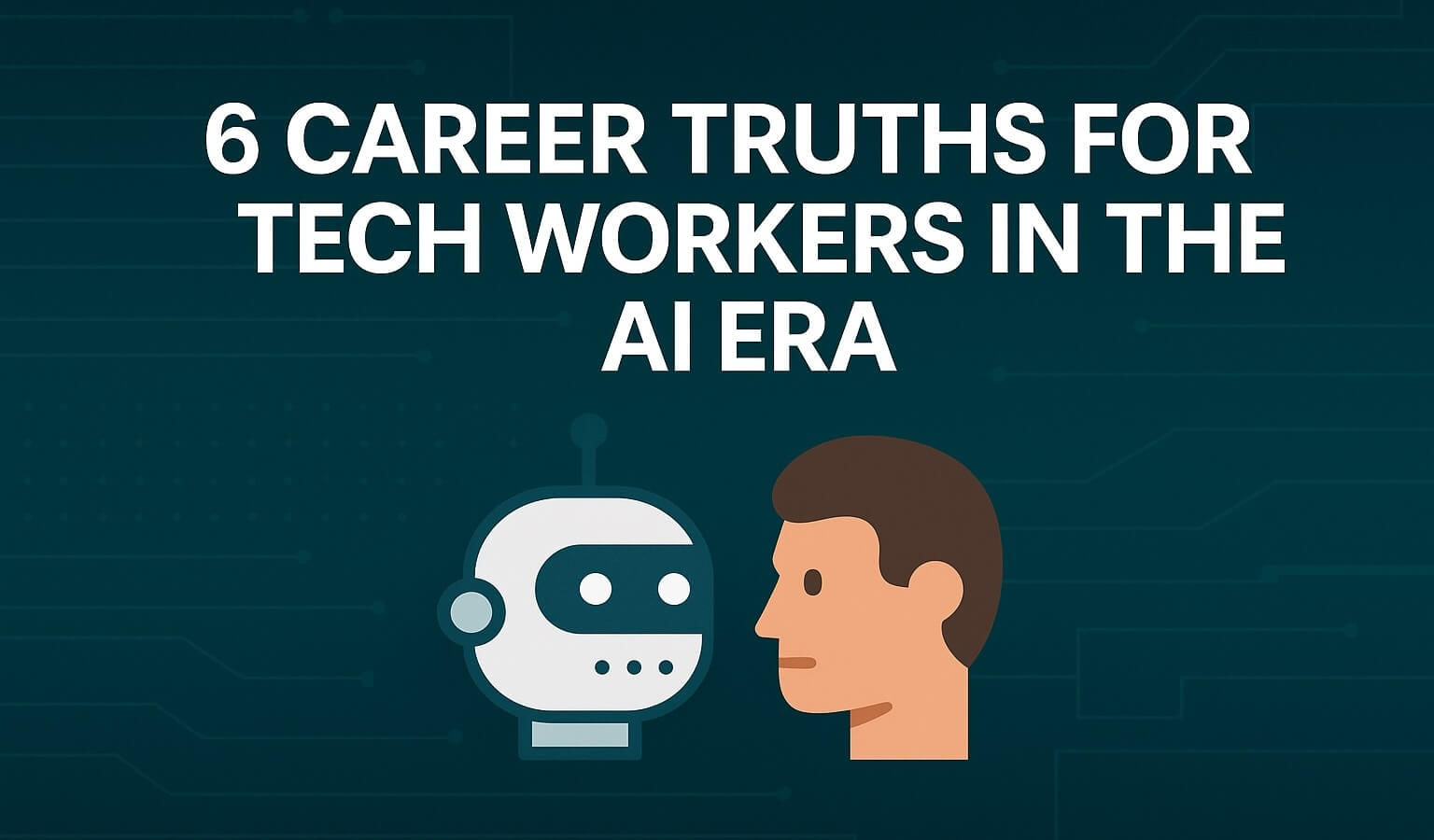In my quest to become a more well-rounded tech professional, I’m excited to share eight technical books that I’m currently diving into this year.
Whether you’re looking to enhance your skills or simply curious about what others are reading, these selections are sure to inspire your own journey in tech.
If you’re exploring AI specifically, check out my companion list: 8 Must-Read AI Tech Books.
Watch the Video?
Before we get started, if you prefer video, here you go:
Otherwise, continue reading.
1. Designing Data-Intensive Applications
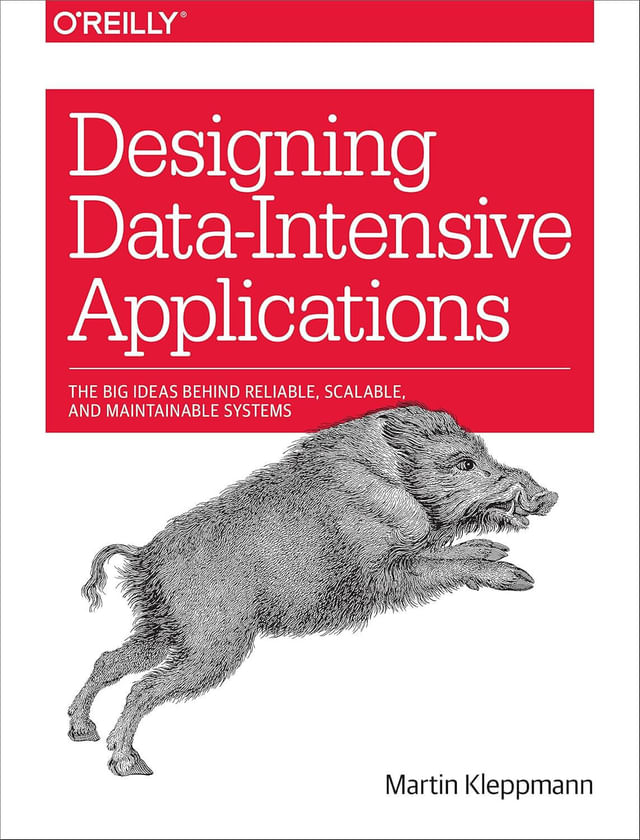
There is a very popular Systems Design YouTube channel called System Design Fight Club. This guy has worked at Amazon, currently works at Apple as a senior developer, and I saw him on a video recently, on another channel, where he was reviewing a lot of system design books, and this book, he stated, was his top pick of all time… favorite book of all time.
I looked into it and it seems to be everyone’s top choice. So I have to read it this year.
It’s an O’Reilly book, and it’s not new (I’m always late to the game), but if you haven’t read it I think you should join me in doing so.
However, if you take a glance at this, and it looks a bit over your head at the stage you are at, then he recommends in that video starting with the System Design Primer first, which is good, but it’s in the form of a GitHub repo with links to watch and read as you work through it.
2. Building LLMs for Production
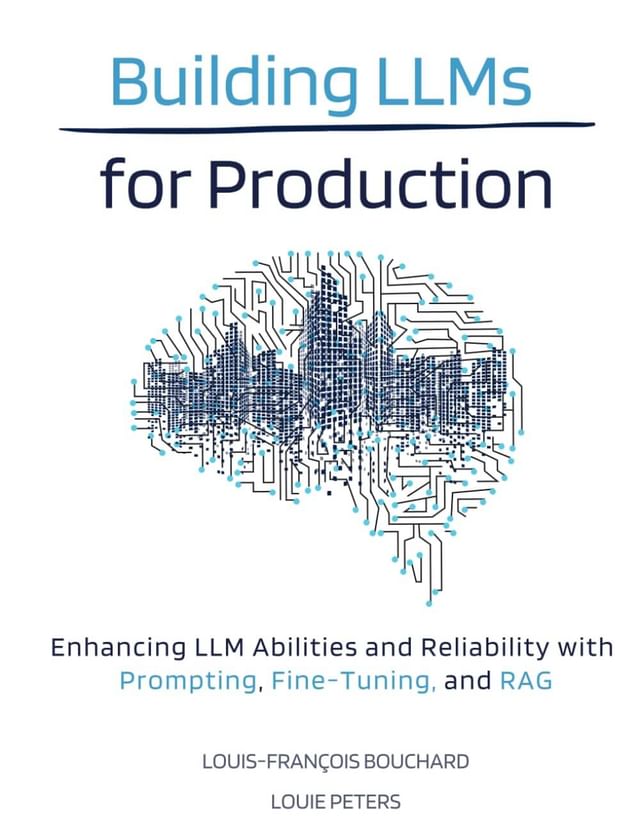
So I wanted a book this year that helps me understand the core concepts behind LLMs (which are pretty much solidified as a player in all things future). Not really the machine learning, but the side of things that I think AI Engineers or developers integrating AI into their apps need to know like transformers, performance, RAG, Langchain,agents, fine-tuning, and most importantly deployment. How do you go about actually deploying these apps in production?
This book has excellent reviews and has been recently updated. So I’ll be working through this this year.
3. System Design Interview - An Insider Guide Volumes 1 and 2
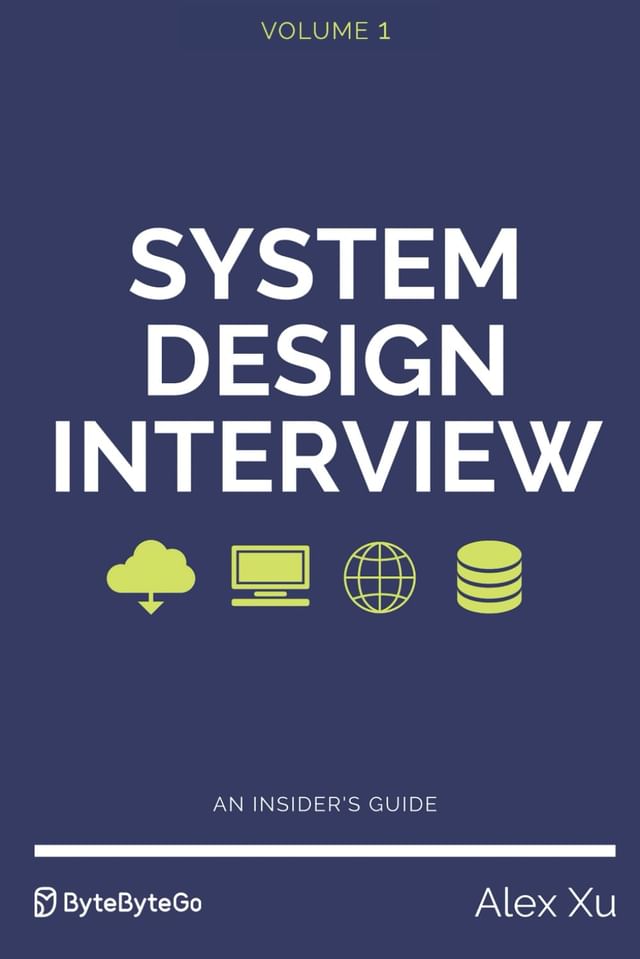
Now not everyone will need to undergo a systems design interview, but I think everyone would greatly benefit from the study of system design on its own.
How does software work as a system, the components, the architecture, and the data flow? It would do wonders to be able to zoom out from your everyday code and understand and be able to plan or architect a system around it.
These two volumes cover concepts like: rate limiters, URL shorteners, chat systems, notification systems, web crawlers, message queues, and more particular systems like hotel reservations, S3 object storage, digital wallets, and Google Maps.
I mean all of these are systems and I think there is great value in studying how to put these together.
These two volumes have been noted as two of the best out there.
Looking for AI-focused reads? Don’t miss: 8 Must-Read AI Tech Books.
4. Code: The Hidden Language of Computer Hardware and Software
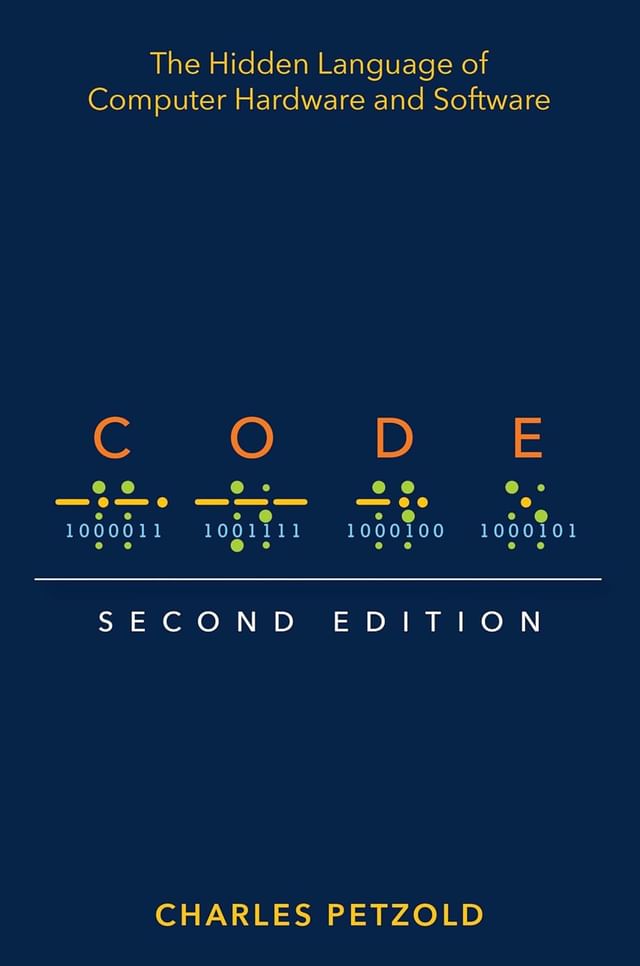
“Code: The Hidden Language of Computer Hardware and Software” offers an insightful look into the workings of digital computers.
This updated classic breaks down complex concepts into easily digestible parts. It’s perfect for those wanting to deepen their understanding of how software interacts with hardware.
By grasping these fundamentals, you’ll be better equipped to write efficient and effective code.
5. The Staff Engineer’s Path
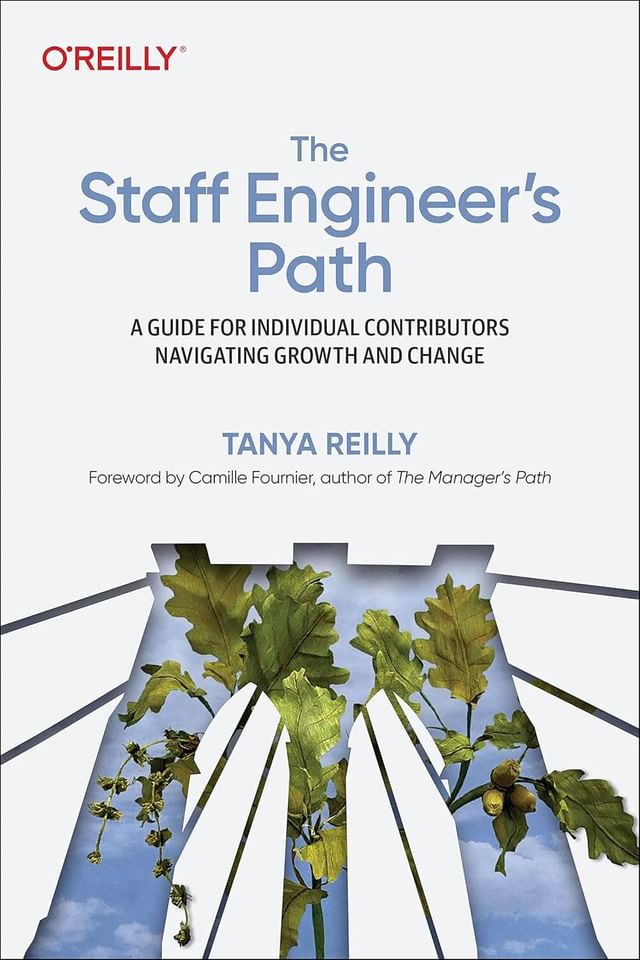
I am not a staff engineer but I like to read books that are well ahead of me. In these types of books, anyone at any level of IT will learn about leadership, growth, dealing with change, thinking strategically, and all of that good stuff.
There are great reviews that speak of it being a very well-rounded book. Thus, it’s on my list.
6. The Kubernetes Book
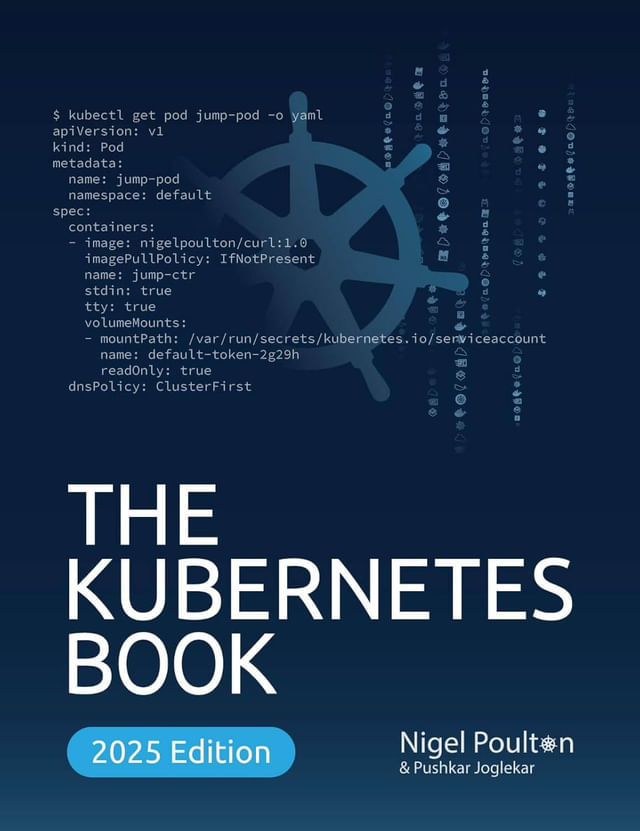
This book aims to cover all the bases, not in detail, but more of a reference book. Since I am largely shifting my focus back to Kubernetes this year, with the goal of passing all the certifications (Kubestronaut!), I am going to keep this one on my desk and reference sections as I study them.
If you want more info on this pursuit and why I’m learning this, check out my last video.
This book has been recently updated this year, has great reviews, and I think will be a great companion to the KodeKloud courses that I’m currently taking.
7. Observability Engineering
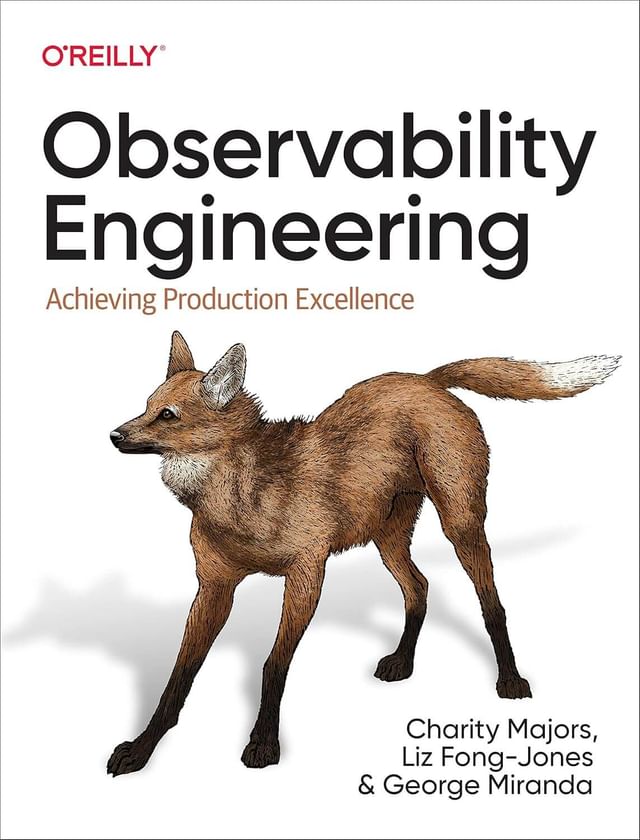
So one thing I want to lean into this year is not only observability but AI observability in particular and specifically in the context of Kubernetes.
Thus, I want to read a good book on observability engineering, a camp that many people don’t think a lot about but is vital to any, and every, healthy system out there.
This is also an OReilly book and fairly new. An essential read for any DevOps or Site Reliability Engineer.
8. Why Machines Learn
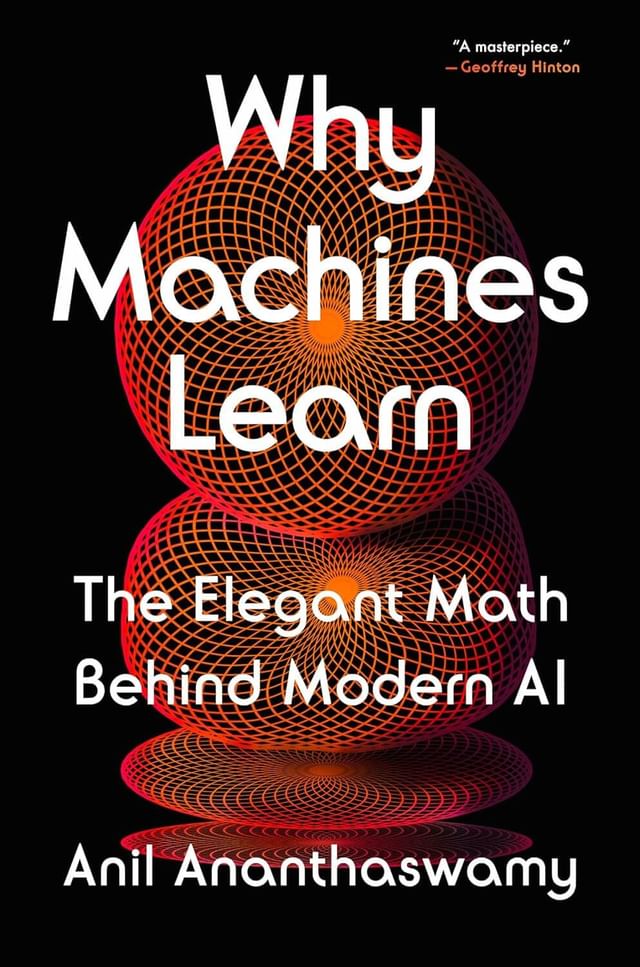
Finally, I’m excited to tackle “Why Machines Learn: The Elegant Math Behind Modern AI.”
This book promises to challenge my understanding of AI from a mathematical perspective.
While math isn’t my strongest suit, I believe tackling this subject will enhance my grasp of AI concepts.
Final Thoughts
In conclusion, my reading list for this year is not just about acquiring knowledge; it’s about filling gaps and enhancing my understanding of tech systems and concepts.
Each book serves a purpose, whether it’s improving my skills in system design, Kubernetes, or AI.
What are you reading this year?
Are there titles you think I should add to my list?
Let’s continue the conversation in the comments below!
This page may contain affiliate links. Please see my affiliate disclaimer for more info.
